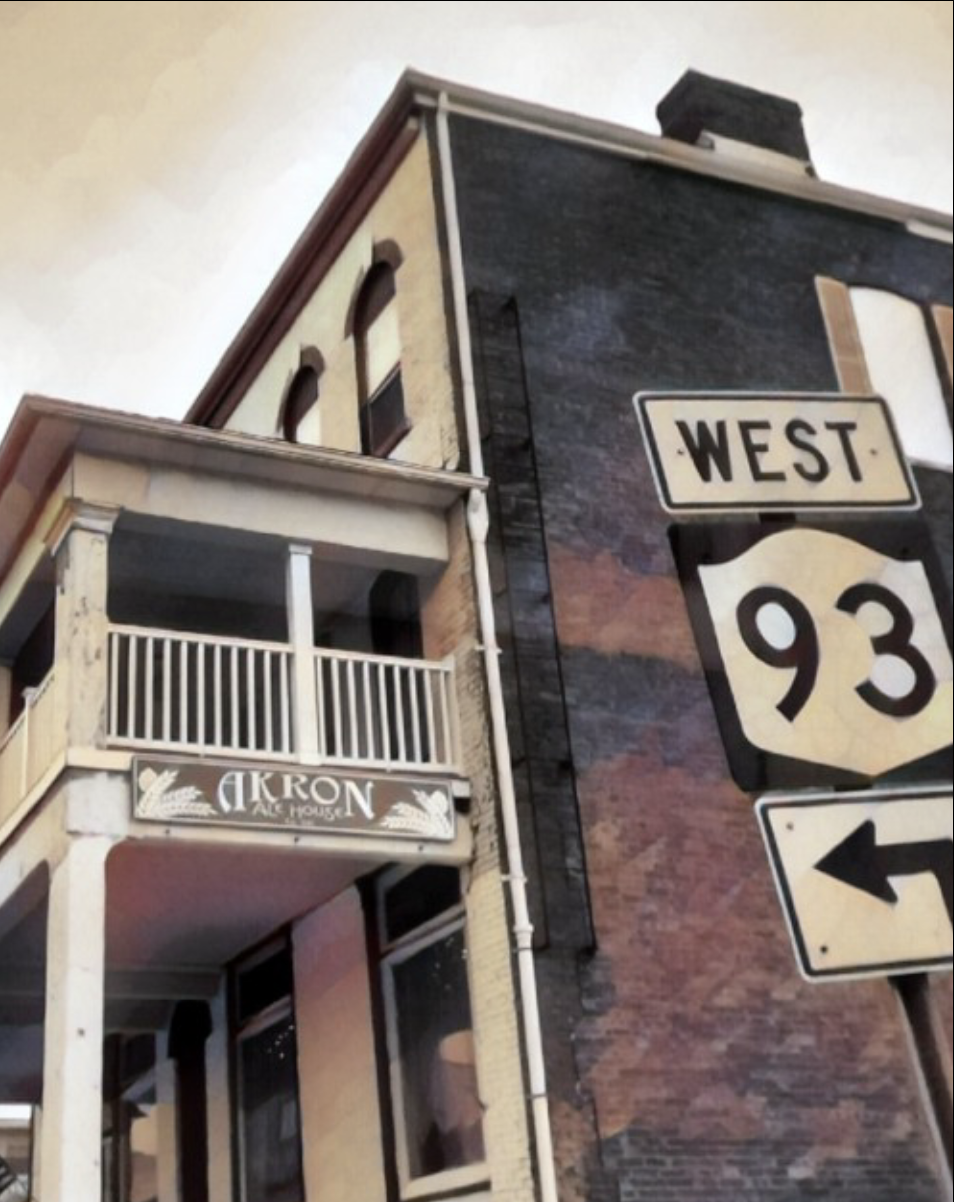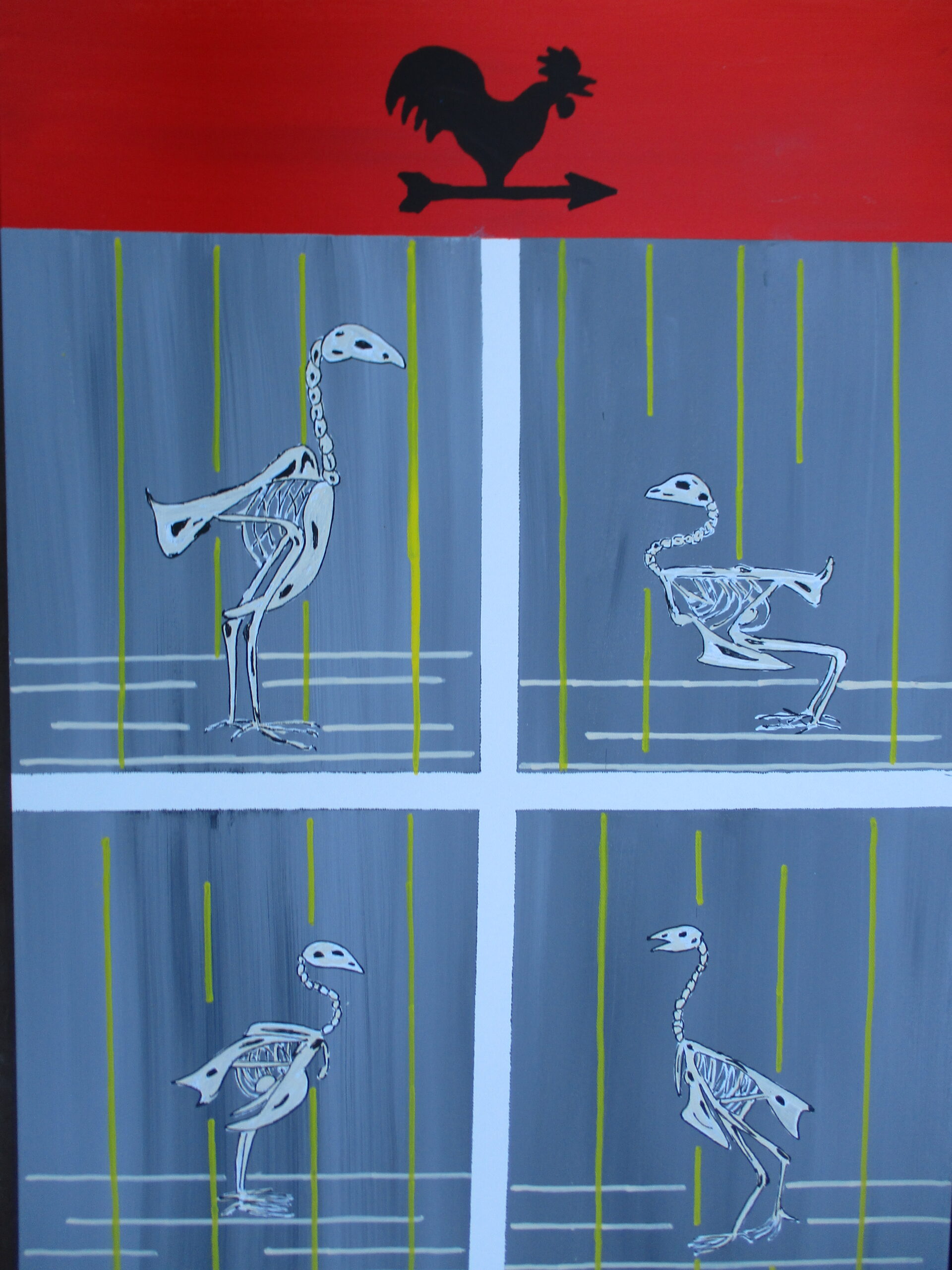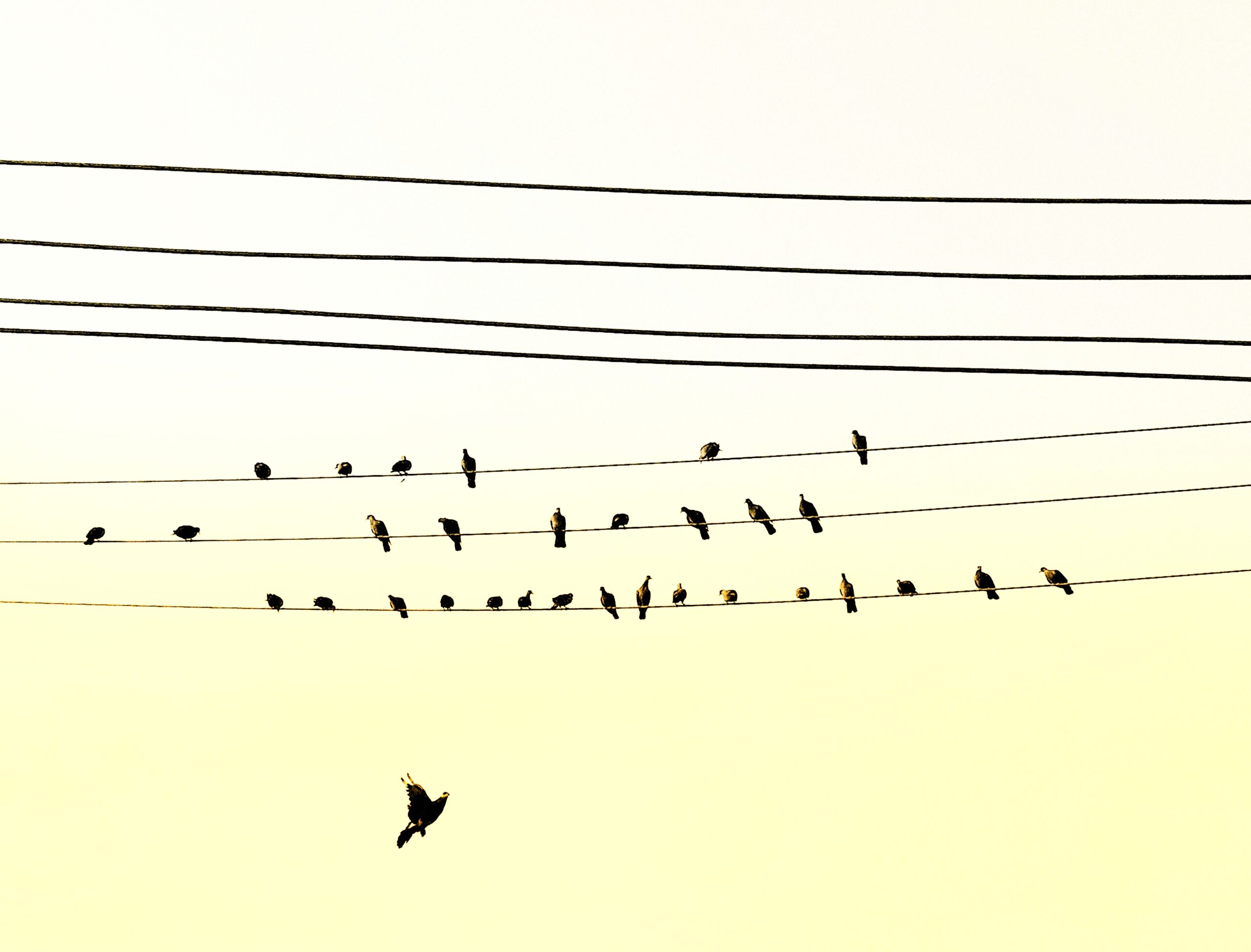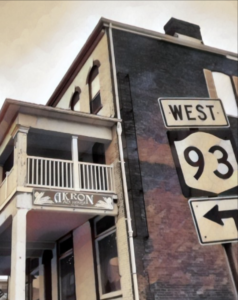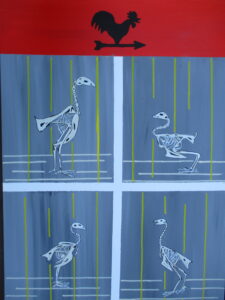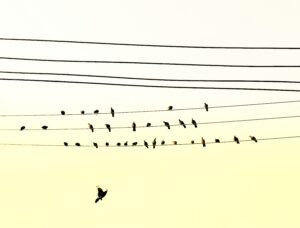The Moonshine Economy
Jake Goldwasser
I’ll be legless in a few minutes, says the moonshiner.
Feet solid on soil, hands washing a year’s catch
down a throat like a stone well. The cost of wool
is so low that in July from Kernow to Caithness you can
smell where hoggets’ coats are pyrolyzed to smoke.
Yields swell but returns are small potatoes
and the walls we put up are cairns that tumble
like mown spear grasses against gravity’s predestined win.
Look up and part your jaw to profit from
the humble, sky-spilled potcheen in free-fall.
See if we can make wine out of it, otherwise eat it.
The stiller is a Luddite but an expert in machines.
Takes apart PCs in spare time, lives in a windbreak
of spare tires and makes all kinds of wine from spare parts
and yeast. The strains of mint the ancients bred and the spirits
they stilled, serving drams to guests from thieves.
Cape Cornwall is the last strand of a Wild West.
Outlaws standing on a final leg for the alchemy of ale
tell our dismantling of cultures one glass at a time,
our taking passes and forgetting recipes. Death by
pasteurizing. You’re complicit if your thumb knows
its way around a clementine.
Let it sit for five months, unless you get thirsty.
Time passed in hearses; we lost more than fat casks.
Treated fields like factories, persons like interchangeable parts.
The days of pinching tannins from used teabags,
starches from bramble tips and bracken, are through
if we keep deciding so. A watched pot is a polling place;
we vote by boiling, basking in the snift of parsley root.
If you find yourself under a roof, look down to fruit
for moonshine, the skin and flesh of plums.
Wine grapes are nettle sprigs. A field of weeds
is a barley lot as far as a culture sees—an economy
of means. The moonshiner says keep vigil. Stand still.
Feed yeast sugar and swill whatever comes out.



